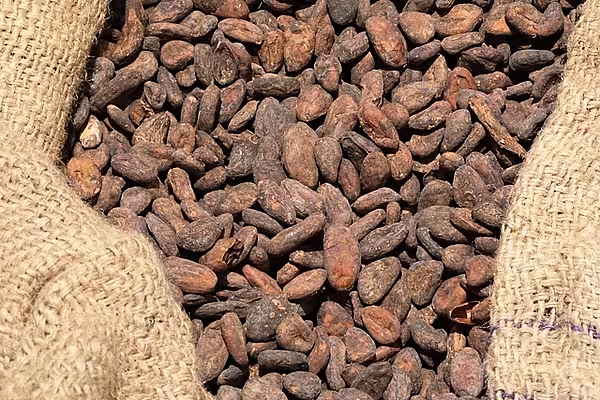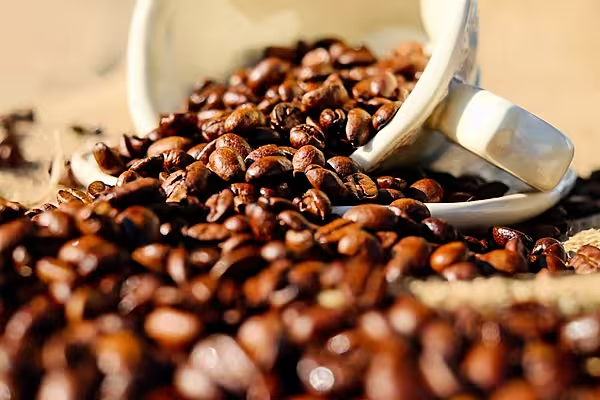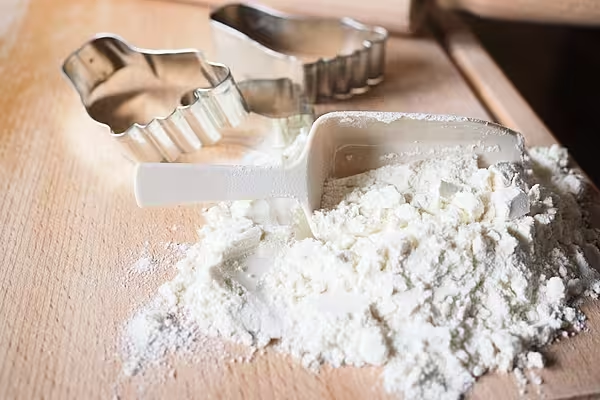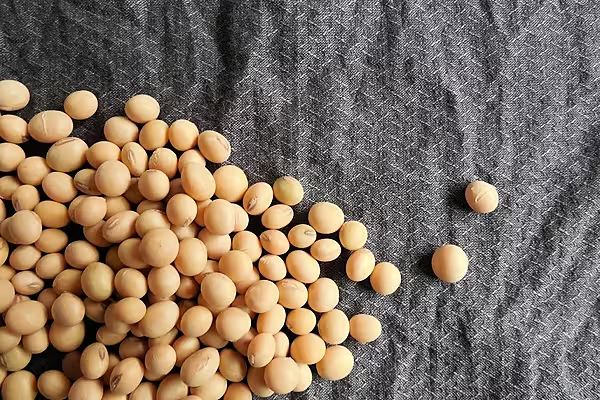Below-average rainfall in most of Ivory Coast's cocoa growing regions last week could reduce the quality of beans harvested at the end of the October-to-March main crop, farmers said on Monday.
Ivory Coast, the world's top cocoa producer, is in its dry season, which runs from November to late February. Dry, dusty Harmattan winds sweep in sand from the Sahara, which can ravage cocoa pods and sap soil moisture, leading to smaller beans.
Sooner Than Expected
But farmers said they feared the Harmattan - which is currently in northern Ivory Coast - would hit their cocoa fields sooner than expected.
Although plenty of beans were currently leaving the plantations, harvests would start slowing by the end of this year, the farmers said.
In the centre-western region of Daloa, which produces a quarter of national output, farmers said they needed more rain to boost their crops.
"One shower per week until the end of the month, that would be ideal. But if we get two big showers (per week), small pods will be ripe by February and March," said Raphael Kouame, who farms in the outskirts of Daloa.
Below-Average Rainfall
Data collected by Reuters showed that rainfall in the region of Daloa, which includes the town of Bouafle, was 2.3 millimetres (mm) last week, half the five-year average.
In the western region of Soubre, at the heart of the cocoa belt, farmers said they hoped for some rain and a mild Harmattan to ensure the size of beans in February and March.
"The trees already have pods for January. We need the dry season to be less intense to yield high quality beans at the end of the main crop," said Salame Kone, who farms near Soubre.
Rainfall in Soubre, which includes the towns of Sassandra and San Pedro, was 5.6 mm last week, 7.2 mm below the five-year average.
Farmers in other cocoa growing regions gave a similar outlook.
Rains were below average in the southern region of Divo, in the central regions of Bongouanou and Yamoussoukro, in the eastern region of Abengourou and in the western region of Man.
Only the southern region of Agboville saw 14.4 mm of rainfall, 3.1 mm above average,
Average temperatures in the cocoa growing regions ranged from 26.35 to 29.12 degrees Celsius.
News by Reuters, edited by ESM. Click subscribe to sign up to ESM: European Supermarket Magazine.














